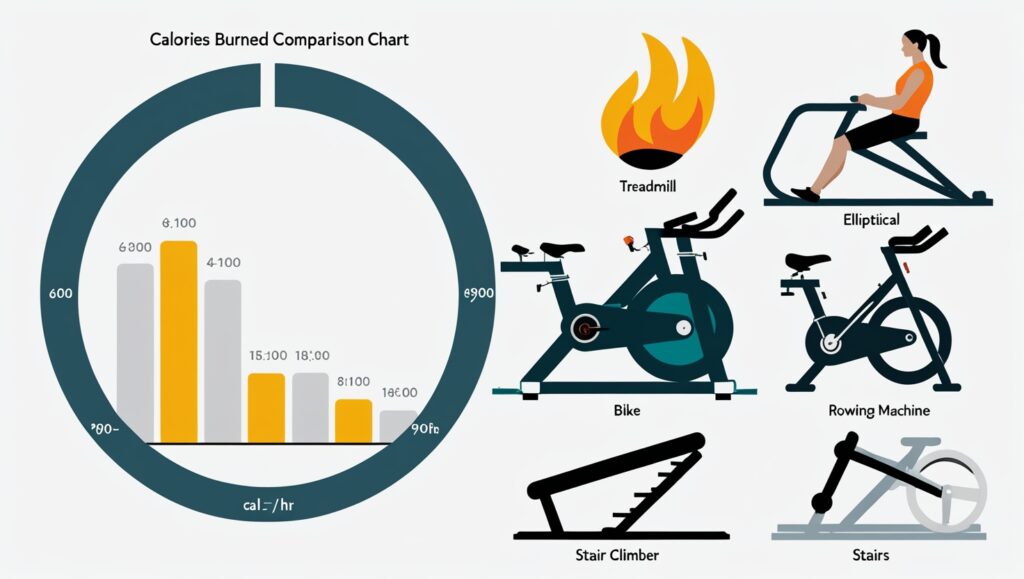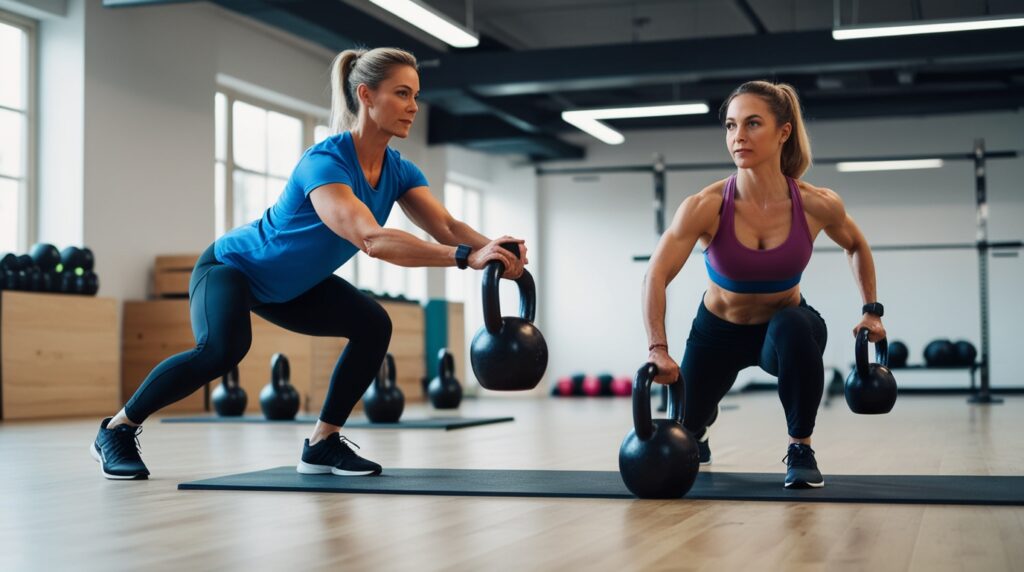10 Benefits of Exercise
Exercise is one of the most powerful tools for maintaining good health and improving overall well-being. Whether you prefer high-intensity workouts or gentle activities like walking or yoga, the benefits of regular physical activity extend far beyond weight management.
From enhancing mental health to strengthening the immune system, staying active is essential for living a healthier, more fulfilling life. Let’s look into the 10 proven benefits of exercise and how they positively impact both your body and mind.
Discover top 10 benefits of exercise for body and mind. Learn how staying active improves heart health, boosts mood, builds strength, and enhances longevity.
Table of Contents
Boosts Physical Health and Longevity
Regular exercise plays a crucial role in promoting longevity and reducing the risk of various chronic diseases. Here’s how 10 Benefits of Exercise boosts your physical health:
1. Improves Cardiovascular Health
One of the most significant benefits of exercise is its positive effect on heart health. Cardiovascular exercises, such as running, swimming, and cycling, help strengthen the heart muscle, improve circulation, and lower blood pressure. Engaging in regular aerobic workouts reduces the risk of heart disease, stroke, and high cholesterol.
👉 Tip: Cardio vascular health is one of the 10 benefits of Exercise therefore aim for at least 150 minutes of moderate aerobic exercise per week for optimal heart health.
2. Enhances Muscular Strength and Endurance
Strength training exercises like weightlifting, resistance band workouts, and bodyweight exercises help build muscle mass and improve endurance. Strong muscles provide better support for joints, reduce the risk of injuries, and enhance overall physical performance.
👉 Tip: Include 2–3 days of resistance training per week for balanced strength.
3. Promotes Healthy Weight Management
Exercise is an effective way to manage body weight by burning calories and boosting metabolism. Combined with a balanced diet, regular physical activity helps prevent obesity and related health issues such as diabetes and metabolic syndrome.
👉 Tip: Combine cardio + strength training for the best fat-loss and body composition results.
4. Strengthens Bones and Reduces Osteoporosis Risk
Weight-bearing exercises like squats, lunges, and jumping rope enhance bone density, reducing the risk of osteoporosis and fractures as you age. Strength training also contributes to better bone health and overall structural integrity.
👉 Tip: Add impact exercises (jumping, running, or resistance training) to strengthen bones naturally.
In addition to physical benefits, exercise has a profound impact on mental health. Here’s how staying active supports emotional well-being:
5. Reduces Stress and Anxiety
Physical activity triggers the release of endorphins—natural mood boosters that help combat stress and anxiety. Activities like yoga, walking, and swimming promote relaxation and improve emotional resilience.
👉 Tip: A 20-minute daily walk can significantly lower stress levels.
6. Enhances Cognitive Function and Memory
Exercise increases blood flow to the brain, promoting the growth of new brain cells and improving cognitive function. Studies show that regular physical activity can reduce the risk of neurodegenerative diseases like Alzheimer’s and dementia.
👉 Tip: Aerobic activities like running or swimming have the strongest impact on brain health.
7. Boosts Mood and Reduces Depression Symptoms
Engaging in exercise stimulates the production of serotonin and dopamine—chemicals that regulate mood and emotions. This makes physical activity an effective natural remedy for depression and mood disorders.
👉 Tip: Choose enjoyable workouts to stay consistent and benefit from the mental boost.
Exercise not only improves specific aspects of health but also enhances overall well-being, making daily activities easier and more enjoyable.
8. Increases Energy Levels and Reduces Fatigue
Contrary to common belief, exercise actually boosts energy levels. Regular movement enhances oxygen flow and nutrient distribution, combating fatigue and promoting vitality throughout the day.
👉 Tip: Short bursts of physical activity throughout the day can fight mid-afternoon energy slumps.
9. Strengthens the Immune System
Mj joderate exercise helps regulate the immune system by reducing inflammation and increasing circulation. This leads to a stronger defense against infections, colds, and chronic diseases.
👉 Tip: Avoid overtraining, as too much intense exercise can temporarily weaken immunity.
10. Improves Sleep Quality
Exercise plays a key role in regulating sleep patterns. Physical activity helps reduce insomnia, promotes deep sleep, and improves overall sleep quality, leading to better rest and recovery.
👉 Tip: Avoid vigorous exercise right before bedtime; morning or afternoon workouts improve sleep quality.
Conclusion
The 10 benefits of exercise extend across physical, mental, and emotional health, making it an essential part of a healthy lifestyle. From improving heart health and cognitive function to boosting mood and energy levels, staying active provides lifelong advantages.
Incorporating different forms of exercise into your routine ensures long-term wellness and enhances overall quality of life.
Frequently Asked Questions (FAQs)
1. How much exercise do I need per week?
At least 150 minutes of moderate-intensity or 75 minutes of high-intensity exercise per week is recommended.
2. Is walking enough to count as exercise?
Yes, brisk walking improves cardiovascular health, reduces stress, and helps with weight management.
3. Can exercise replace medication for anxiety or depression?
Exercise is highly beneficial but should complement—not replace—medical treatment. Always consult a doctor.
3. Can exercise replace medication for anxiety or depression?
Medication
Exercise is highly beneficial but should complement—not replace—medical treatment. Always consult a doctor.
4. What is the best time of day to exercise?
The best time is when you can stay consistent. Morning workouts boost energy, while evening sessions relieve stress.
5. How does exercise improve brain function?
It increases blood flow to the brain, stimulates growth factors, and enhances memory and focus.
6. Can too much exercise harm the body? It says
Yes, overtraining may cause fatigue, weakened immunity, and injuries. Balance exercise with rest.
7. Does exercise help with aging?
Absolutely—regular activity preserves muscle mass, bone strength, mobility, and cognitive health.
8. Which type of exercise is best for beginners?
Start with walking, yoga, or light strength training, then gradually progress to higher-intensity workouts.
Call to Action (CTA)
💪 Ready to unlock the life-changing 10 benefits of exercise?
Start small—take a brisk walk, try a home workout, or join a fitness class. Every step counts toward better health, more energy, and a longer, happier life.
👉 Commit today to stay active and transform your body and mind!









